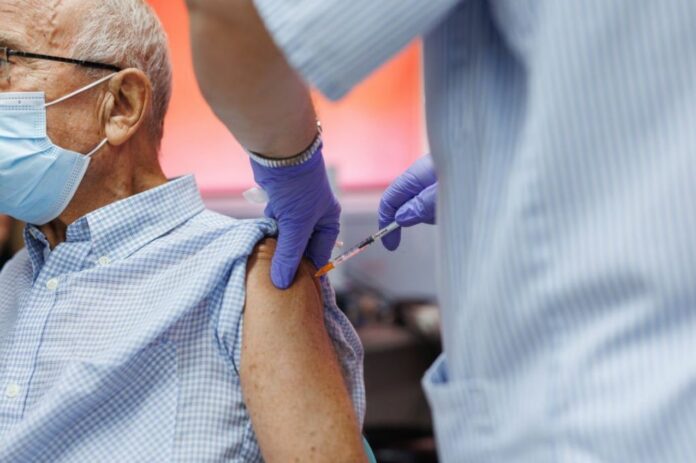One year after the COVID-19 mass vaccination program started, inactivated virus vaccines made up half of the doses given around the world.
Now, a large observational study done in Brazil and led by Fiocruz and the Barcelona Institute for Global Health (ISGlobal), which is funded by the “la Caixa” Foundation, shows that people who have already gotten two doses of the inactivated CoronaVac vaccine are much better protected against mild and severe COVID-19 by getting an mRNA boost than by getting a boost with the same vaccine.
These findings, which were reported in Nature Communications, have significant ramifications for boosting tactics in nations where inactivated viral vaccinations were given to the majority of the populace.
The effectiveness of the vaccine against COVID-19 in preventing serious illness and death is well established.
But when new variants of concern, especially Omicron, came along, they made the primary vaccination (the two initial doses) less effective. This is why a booster dose was given.
Most studies on the effectiveness of vaccines have focused on mRNA and adenoviral vaccines, even though inactivated virus vaccines are widely used, especially in low- and middle-income countries.
As of January 2022, they make up half of all the doses given around the world. According to Otavio Ranzani, an ISGlobal researcher and the study’s first author, “Knowing the effectiveness of boosters in populations that received inactivated virus vaccinations is critical for guiding future vaccination strategies in these countries.”
Which vaccine to use for a booster dose and why?
In this trial, Ranzani and his coworkers assessed the efficacy of boosting among Brazilian adults who had first received two doses of CoronaVac with an inactivated viral vaccine (CoronaVac) or with an mRNA vaccine (Pfizer).
Between December 2021 and April 2022, when Omicron BA.1 was predominate, the analysis, which included nearly 1.4 million case-control pairs, was conducted and compared to a time when Delta was predominate.
According to Julio Croda, senior co-author of the study and researcher at Fiocruz and Yale School of Public Health, “the strength of our observational study is the large sample size and geographic coverage, covering each of the 5,570 Brazilian municipalities.”
Results indicate that primary vaccination with two doses of the CoronaVac vaccine gave basically no protection against symptomatic disease and 40-50% protection against severe disease caused by Omicron.
Boosting with CoronaVac did not give any extra protection against diseases with symptoms, but it did give some extra protection against severe diseases (74%, but only 40–50% for people over 75).
Furthermore, over the subsequent four months, this protection appeared to diminish. An mRNA booster, on the other hand, appeared to last for at least four months and provided greater protection against both symptomatic and severe illness (56.8% and 86%, respectively).
In the case of the Omicron variant, “our findings have immediate implications for booster administration strategies,” according to Ranzani.
They demonstrate that heterologous boosting (in this case, using an mRNA vaccine) delivers a significant increase in protection in people who first got inactivated vaccinations, even in the elderly.
Source: 10.1038/s41467-022-33169-0
Image Credit: Getty
You were reading: People Boosted with mRNA Vaccine After CoronaVac Are Better Protected – Says New COVID Study
